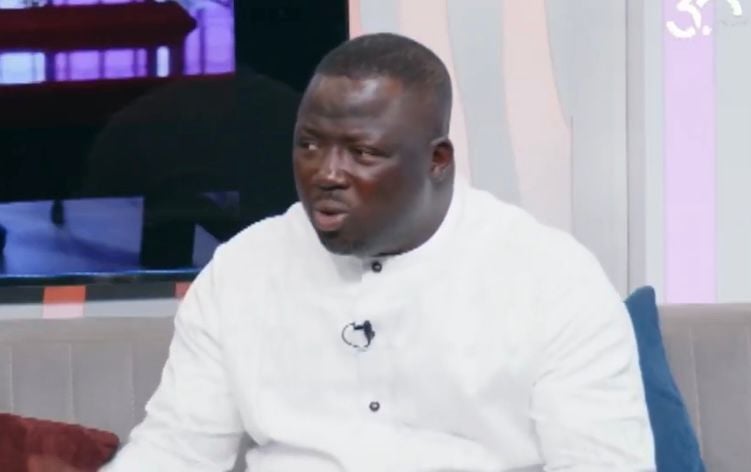The aftermath of the 2024 general elections has left the New Patriotic Party (NPP) in a state of disarray, prompting calls for introspection and rebuilding. Mustapha Gbande, Deputy General Secretary of the ruling National Democratic Congress (NDC), has characterized the NPP’s historic defeat by a margin of 1.7 million votes as a sign of the party losing its way. He urged the NPP to re-evaluate its direction and return to its founding principles, rather than recycling the same individuals he accuses of contributing to the nation’s economic challenges through alleged fraudulent schemes. Gbande’s criticism targets the aspirants vying for the NPP flagbearer position in the primaries scheduled for January 31, 2026, portraying the contest as a competition amongst those who performed poorly, rather than a platform for genuine leadership and vision. He predicts an escalation of scandals and internal conflicts within the party as the primaries progress, further damaging the NPP’s credibility.
The internal strife within the NPP is further highlighted by the analysis of Mussa Dankwah, Executive Director of Global InfoAnalytics. Dankwah cautions the party against escalating internal attacks during its flagbearer campaign, warning that such actions could exacerbate existing divisions and weaken the party’s prospects in the 2028 elections. The current atmosphere within the NPP, marked by accusations and blame-trading, particularly among the camps of prominent contenders like Dr. Mahamudu Bawumia, Kennedy Agyapong, and Bryan Acheampong, illustrates the deep-seated tensions following the party’s electoral setback. The targeting of Dr. Bawumia based on his tribe and religion underscores the sensitive and potentially divisive nature of the internal conflicts, adding another layer of complexity to the party’s challenges.
Gbande’s assertions regarding the NPP’s need for rebranding and rebuilding resonate with the concerns raised about the party’s internal dynamics. The focus on “recycling” the same individuals raises questions about the party’s ability to adapt and present fresh perspectives to the electorate. The anticipated scandals and internal conflicts predicted by Gbande could further erode public trust in the NPP and hinder its efforts to regain lost ground. This situation underscores the importance of the NPP addressing the underlying issues contributing to the internal strife and presenting a united front to the electorate in preparation for the 2028 elections.
The comments by both Gbande and Dankwah paint a picture of an NPP grappling with internal divisions and facing significant challenges in its path to recovery after a resounding electoral defeat. The party’s ability to overcome these challenges, address the concerns raised by critics, and present a cohesive and compelling vision for the future will be crucial in determining its success in future elections. The calls for rebranding and rebuilding suggest a need for the NPP to not only examine its leadership and policies but also to address the root causes of its internal conflicts and rebuild trust within its ranks and with the electorate.
The NPP’s internal struggles present both a challenge and an opportunity. The challenge lies in navigating the complex landscape of internal politics, managing the competing ambitions of its members, and presenting a unified front. The opportunity lies in the potential for renewal and reform. By addressing the criticisms leveled against it and embracing change, the NPP could emerge stronger and more relevant to the electorate. The upcoming flagbearer primaries will be a critical test of the party’s ability to navigate this delicate balance and chart a course towards future success.
The future of the NPP hinges on its ability to learn from the mistakes of the past, address its internal divisions, and present a compelling vision for the future. The 2024 election results serve as a stark reminder of the consequences of complacency and internal discord. The party’s response to these challenges will determine whether it can regain the trust of the electorate and reclaim its position as a viable political force in Ghana. The calls for rebranding and rebuilding offer a roadmap for the party to move forward, but the ultimate success of this endeavor will depend on the collective will and actions of its members.














